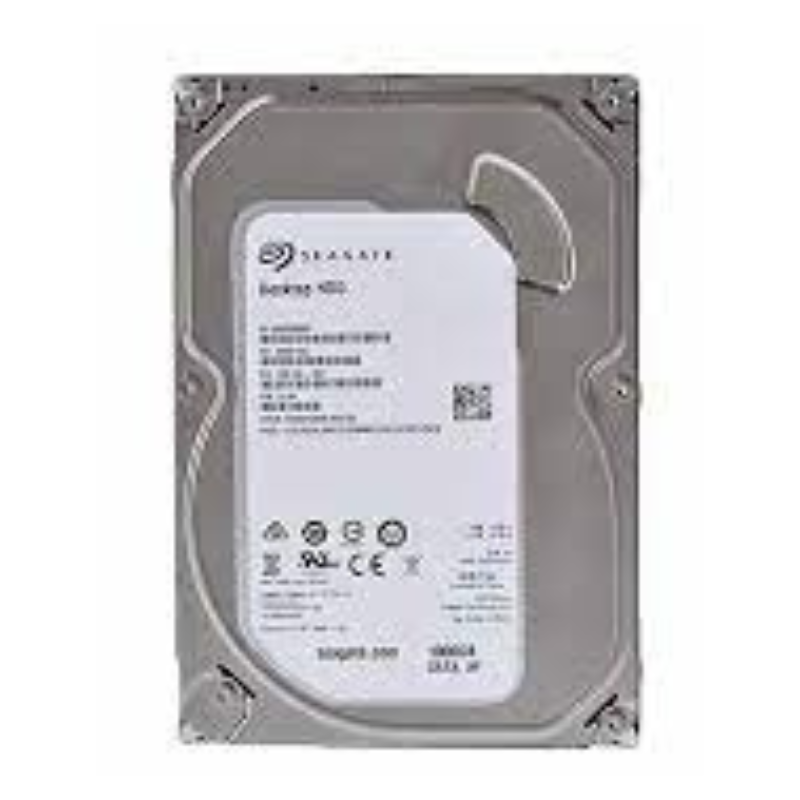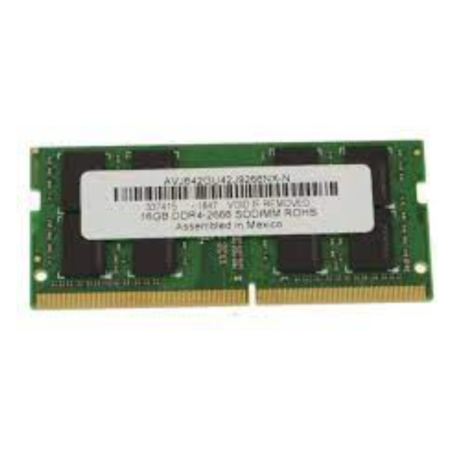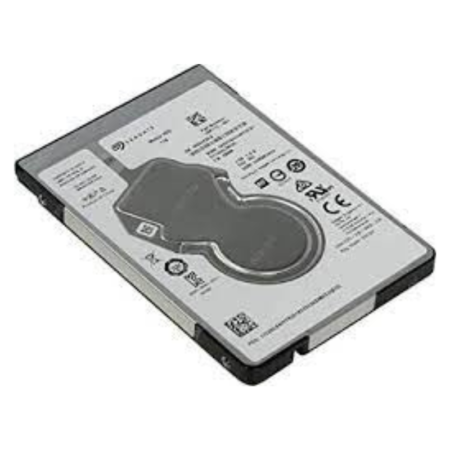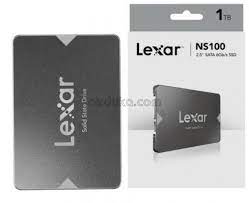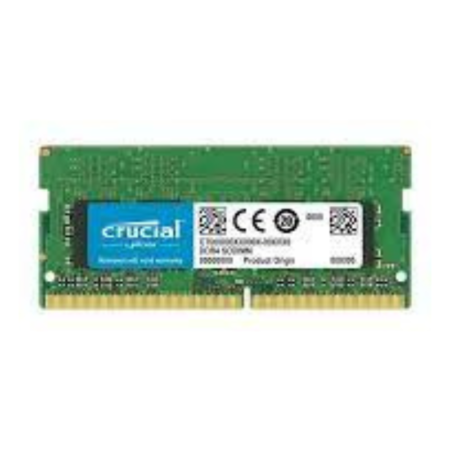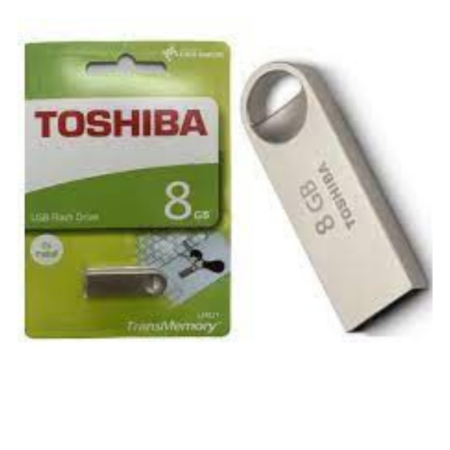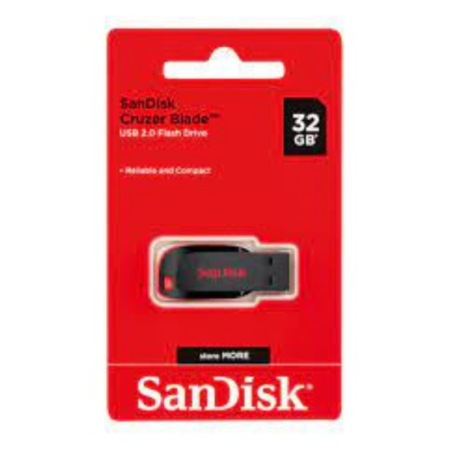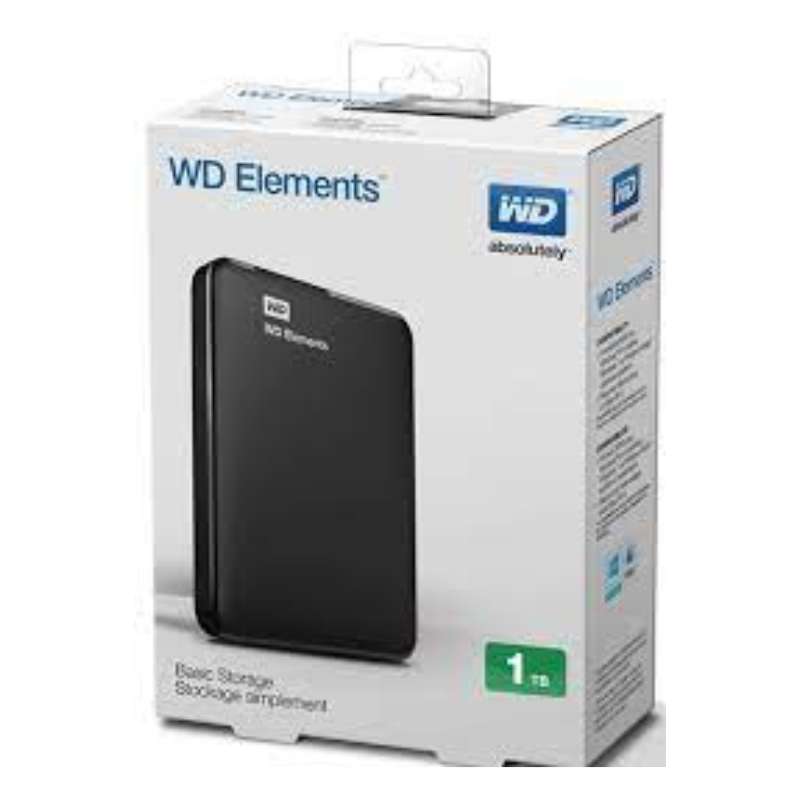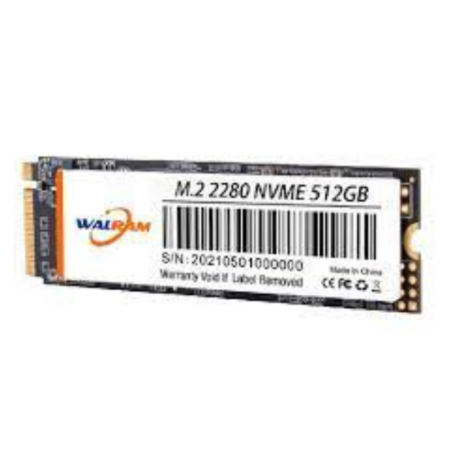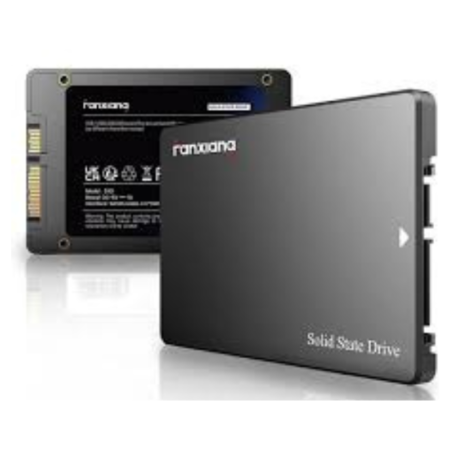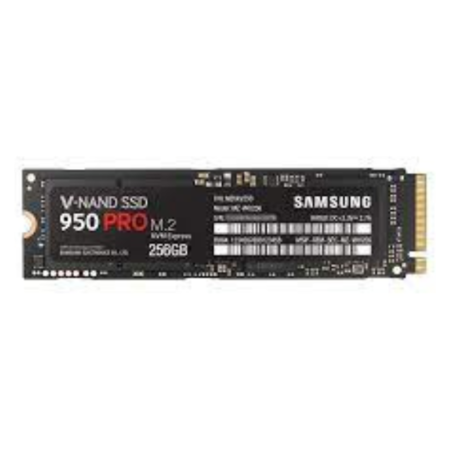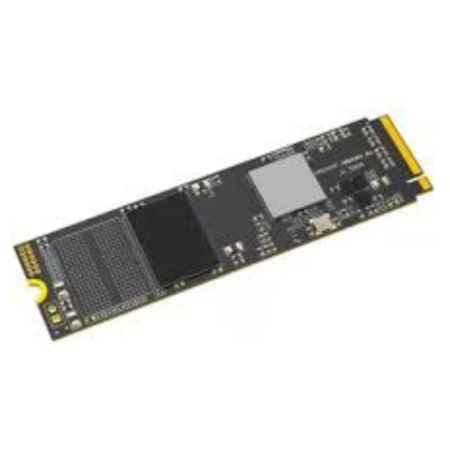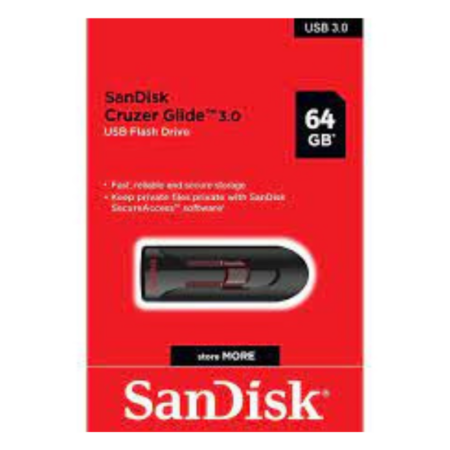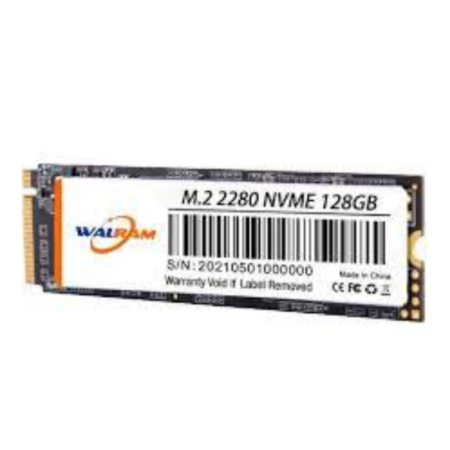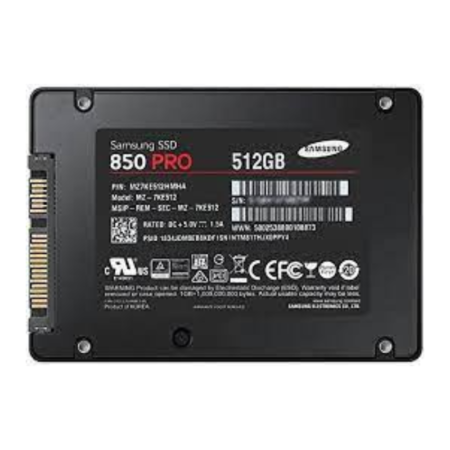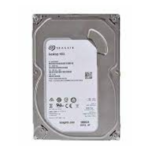Description
Laptop Internal Harddrive 500GB Sata
Overview
- Storage Capacity: A 500 GB SATA hard drive can store a significant amount of data, including documents, photos, videos, and applications.
- Form Factor: Laptop hard drives are typically 2.5 inches in size, which is smaller than the 3.5-inch drives commonly used in desktop computers. This smaller form factor is designed to fit into the limited space available in a laptop’s chassis.
- Compatibility: Before purchasing a new hard drive for your laptop, make sure it is compatible with your laptop’s make and model. Not all laptops support the same types of hard drives, so it’s essential to check the specifications of your laptop and the hard drive to ensure compatibility.
- Data Transfer Speed: SATA hard drives have different generations (e.g., SATA I, SATA II, SATA III), each offering different maximum data transfer speeds. SATA III is the most common and provides a maximum speed of 6 gigabits per second (Gbps).
- Data Backup: When replacing a laptop’s internal hard drive, it’s crucial to back up your data before making any changes to avoid data loss. You can use an external hard drive, cloud storage, or a backup tool to create a backup of your important files.

